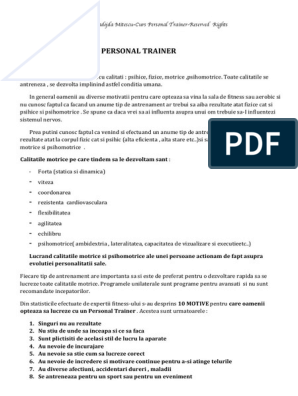0% found this document useful (0 votes)
73 views3 pages75 Verbos Frasales Esenciales
The document provides a list of 75 essential phrasal verbs in English for intermediate learners. Some of the phrasal verbs included are "agree with" which means to be in agreement, "ask for" which means to request or inquire about, and "be about to" which means to be on the verge of doing something.
Uploaded by
hugo ruizCopyright
© © All Rights Reserved
We take content rights seriously. If you suspect this is your content, claim it here.
Available Formats
Download as DOC, PDF, TXT or read online on Scribd
0% found this document useful (0 votes)
73 views3 pages75 Verbos Frasales Esenciales
The document provides a list of 75 essential phrasal verbs in English for intermediate learners. Some of the phrasal verbs included are "agree with" which means to be in agreement, "ask for" which means to request or inquire about, and "be about to" which means to be on the verge of doing something.
Uploaded by
hugo ruizCopyright
© © All Rights Reserved
We take content rights seriously. If you suspect this is your content, claim it here.
Available Formats
Download as DOC, PDF, TXT or read online on Scribd
/ 3
























































































